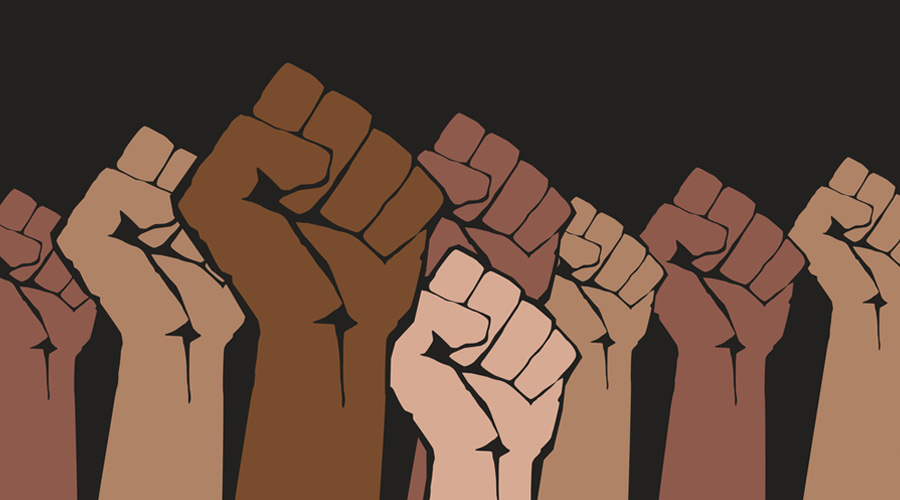Apartheid is usually associated with South Africa. Embedded racism was the beating heart of this ogre. But racial discrimination is prevalent in other nations too. Similarly, South Africa is not the only country that can make an ignominious claim on apartheid: several countries stand implicated in this crime. Shamefully, New India can no longer say it is innocent either. The only difference lies in the cause of the virus that continues to devour India’s body-politic — religion and casteism, as opposed to race, remain central to institutionalized differentiation here. Thus, Karnataka — the Bharatiya Janata Party rules the roost in this state — has now strictly implemented a ban on Muslim vendors selling wares on the premises of popular temples. Astoundingly, this patent form of discrimination has legal teeth in a nation that is constitutionally secular: the Congress, apparently a flag-bearer of communal harmony, had, the BJP alleges, brought in a law to this effect. Neighbouring, ‘progressive’ Kerala — the state with the highest literacy rate in India — has bared its fangs too. A noted danseuse has been denied permission to perform in a temple because she is a Muslim by birth and an atheist by choice.
The brazen communal rhetoric may have coincided with the political ascendancy of the BJP but it cannot be denied that India’s social fabric was — and is — pockmarked with cleavages pertaining to identity and gender. This is not to suggest that prejudice and bigotry have gone unchallenged. M.K. Gandhi gave his life for the secular project; B.R. Ambedkar remains a leading light of the struggle for equality. The capitulation has, however, come from the post-Independence political class which, in spite of the legacy of such luminaries, has done little to address these structural deficiencies. Caste and faith remain formidable political weapons in this ‘modern’ polity. The culture of segregation that periodically rears its ugly head, be it in the ‘emancipated’ South or the orthodox North, thus represents a continuum that is both enduring and potent.










